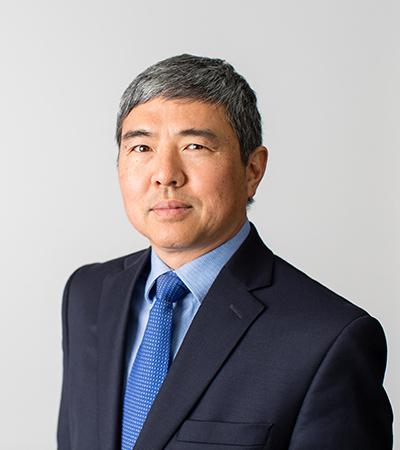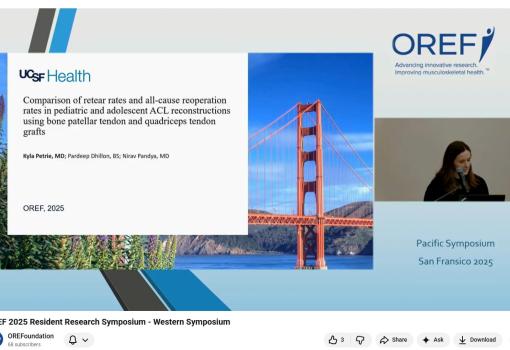Hubert Kim, MD, PhD

Hubert Kim, MD, PhD
Publications
Grants
- ShEEP Equipment Request for BD FACSMelody Cell Sorter
2019-09-01 - 2020-09-30
NIH IS1BX005039
Role: Principal Investigator
- TGFb and BMP signaling in muscle atrophy and degradation after massive RCT
2015-10-01 - 2020-09-30
NIH I01BX002680
Role: Principal Investigator
- ECM and MMPs in Muscle Atrophy and Rehabilitation
2010-10-01 - 2014-09-30
NIH I01RX000195
Role: Principal Investigator
Education
| Degree | Organization | Year | |
|---|---|---|---|
| University of California, San Francisco | 2019 | ||
| Orthopaedic Surgery Residency | University of California, San Francisco | 1998 | |
| M.D., Ph.D | Stanford University School of Medicine | 1993 |
About Hubert Kim, MD, PhD
Hubert Kim graduated with Honors and with Distinction from Stanford University in 1986 with a B.S. in Biological Sciences. He graduated from the Stanford University School of Medicine in 1993, receiving both his MD degree and a PhD degree in Cancer Biology as a Howard Hughes Pre-doctoral fellow. He completed his residency in Orthopaedic Surgery at the University of California San Francisco in 1998.
Upon completion of his residency, Dr. Kim joined the faculty at the University of California, San Francisco and was appointed as a Staff Physician at the San Francisco VA Medical Center. In 2001 he joined the practice at the San Francisco General Hospital Division of Orthopaedic Surgery as an Attending Physician specializing in joint replacement and adult reconstruction.
Dr. Kim's research focus is the molecular and cellular mechanisms responsible for secondary injury cascades that are set in motion after mechanical trauma. He is particularly interested in tissues that have a very limited capacity for healing and regeneration where preservation of existing cells and tissue may be of particular clinical significance. Specifically, he is investigating the mechanisms involved in programmed cell death following acute trauma involving articular cartilage and the spinal cord. His goal is to eventually apply lessons learned in the laboratory to the design of better treatments for patients.


